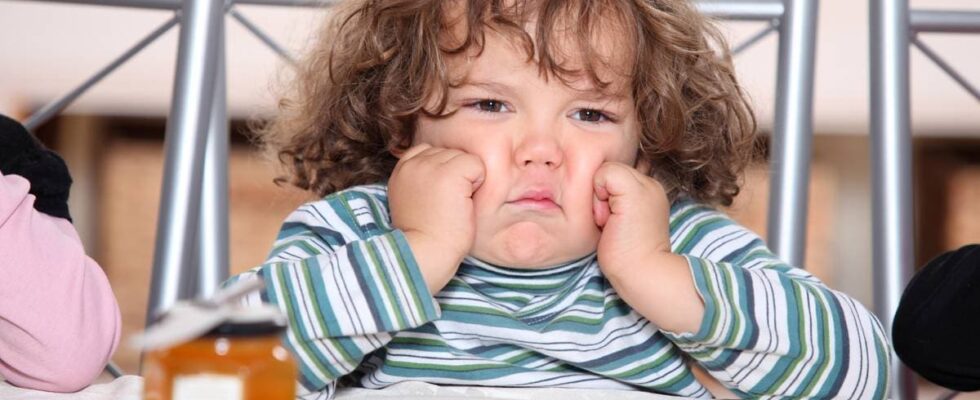If you think you don’t see as many kids out and about as before, you’re absolutely right. The Norwegian outdoor game is in free fall. In the last 20 years, outdoor play has declined sharply. Little makes me happier than seeing a bunch of kids racing around the walls of houses in the neighborhood. But from around half of Norwegian children playing outside every day without adults, it is now around a third who do so. The proportion who play outside weekly has also fallen sharply. At the same time, the children spend more and more of their time sitting quietly on their bums. That should worry us greatly. What happens if we get a generation that doesn’t fight with sticks, doesn’t climb on roofs where there shouldn’t be, doesn’t build a cabin in the forest or sledgeboard down the steepest hill? Children who play little on their own, without adult supervision or organization? The answer is that we risk the children growing up to become nervous youth and less steady adults. Researchers see less free play and less rough play among the children in connection with more psychological problems later in life. Why? Because by getting a little “dirt under your nails” and doing things that are a little scary or difficult as a child, you learn not to be overwhelmed by your own anxiety. Brain researcher Per Brodal has called the game “the most effective way to develop into a person who will manage in society”. The game teaches children everything from self-control to social interaction. Psychologist Jonathan Haidt calls today’s young people “The Anxious Generation” in his best-selling book of the same name. He believes the introduction of a screen-based childhood has created an epidemic of mental illness among young people. There is a clear increase in mental disorders and admissions across countries in the last 20 years. It is because we as a society have completely rearranged childhood, Haidt believes. The combination of smartphones and social media has fundamentally changed the interaction between young people. What has received less attention than Haidt’s screen message is the second part of his explanation of what has gone wrong: The children are less and less out with friends and do less and less free play. We can narrow down what Haidt calls the generation of anxiety to the generation of house pigs. TAKE THE GAME BACK: Maybe we parents need to cherish a few afternoons a week, where the children have room to just play freely, writes the chronicler. (Illustration photo) Photo: Shutterstock That children are not allowed to play outside in the USA is perhaps less surprising. In a country where fewer trust each other, you don’t let the kids out alone. And when crime and shootings dominate the news, you dare not do otherwise. In Norway, we are used to it not being like that. We understand ourselves as a society with small social differences, high trust and little crime. We are such a society. At the latest in June, the British newspaper The Guardian had a longer report about how Norwegian parents give their children more freedom than parents in other countries. Six-year-olds are allowed to go to school alone. It is unheard of in many places in the world. But the numbers speak clearly: The Guardian’s story about Norwegian children has become less and less true. So what has happened to Norwegian free play? Presumably there are several factors at play at the same time. Many children spend a large part of their free time on organized leisure activities. Mostly among those with moderately good and good advice. Almost half of Norwegian ten-year-olds have organized activities three weekdays a week or more. In schools and kindergartens, free play as a source of learning and growth has often received less political attention than more structured and (often) “theoretical” approaches to learning. clearly increased over time. Young people in Norway use screens the most in Europe. There has been an increase in traffic and waves of crime, which can conceivably provide the basis for an increased safety culture among parents Jonathan Haidt points to variations of all these explanations in an American context, and it is not difficult to see that something similar can happen applicable in Norway. Politicians do their bit to influence the children’s everyday life where they can. One of the most gratifying developments in politics recently is the growing willingness to set limits on children’s screen use and make school more practical, which Minister of Education Kari Nessa Nordtun has spearheaded. But the drop in outdoor play among children is so steep and important that more is probably needed. Politics makes a difference. For urban planning and crime fighting, for example. But in our free time, it is us, the parents, who are ultimately the boss. We must help the children take back free play. Perhaps it means that we as parents have to cherish a few afternoons a week, where the children have room to just be. Maybe it means lowering your shoulders more (I know it’s hard) and accepting that the kids are out of sight – not being as close. And be stricter with the screen. The risk if we do not, is that we create a generation that is less equipped for life later. Send us your opinion Want to write? Feel free to contact us at news Ytring with your post. The guidelines can be found here. Published 12.10.2024, at 07.40
ttn-69
Say hello to the generation of guinea pigs – Ytring

